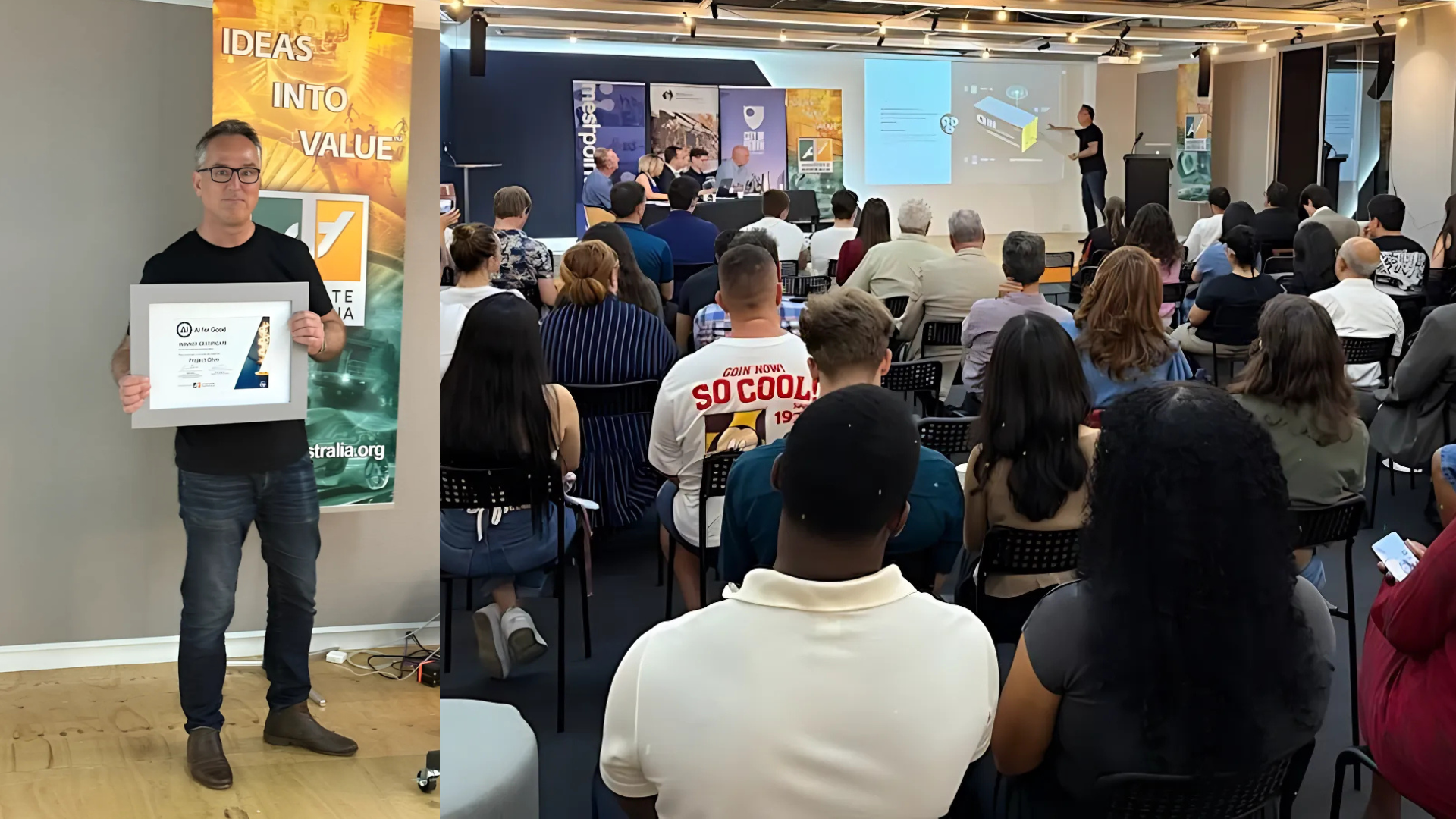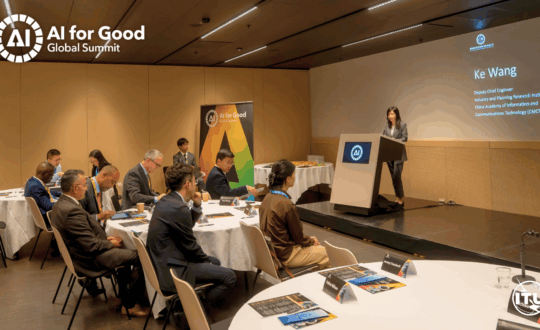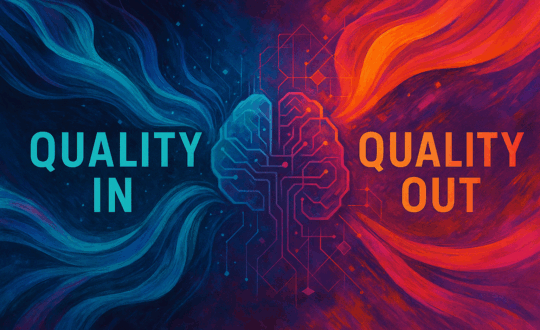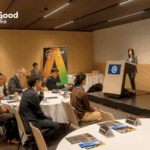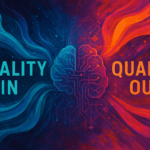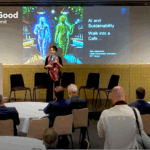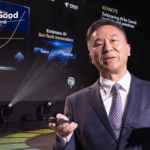Late in March, the AI for Good Innovation Factory, an UN-based startup pitching and acceleration platform, held an engaging session in Perth, Australia. Five Australian innovators presented their AI solutions for energy, language services, resource management, education, and climate action, respectively, to a panel of five AI and innovation experts. Organized by International Telecommunication Union in collaboration with Innovate Australia, this session highlighted Australia’s significant contribution to global AI progress.
Following a dynamic round of presentations, Western Australian startup Project Ohm, focused on powering AI with renewable energy, won first place with its innovative approach. Project Ohm’s intelligent management of AI workloads, based on real time renewable energy availability, is designed to achieve cleaner computing, foster local economic growth through green technology innovation, and enhance the resilience of energy grids by leveraging previously untapped resources.
Observing Australia’s considerable renewable energy production and world-leading rooftop solar adoption alongside significant energy waste from grid inflexibility, Project Ohm’s Founder, Matthew Meszaros, recognized a unique set of challenges and opportunities for Australia’s energy transition within its vast, isolated grid.
Meanwhile, Matthew witnessed a global trend where renewable energy generation frequently exceeds grid capacity, resulting in energy waste and limited economic growth. This situation is further intensified by the rapid expansion of artificial intelligence, driving a significant increase in energy demand. Centralized AI data centers are estimated to potentially consume electricity equivalent to Japan’s total usage by 2026. Given that their power is primarily derived from fossil fuels, these data centers are becoming major contributors to the global carbon footprint.
“Project Ohm was created to solve both problems at once. We are building small, decentralised AI computing nodes — powered not by fossil fuels, but by stranded renewable energy that would otherwise go unused. And we are using AI to time and allocate workloads across these nodes based on real-time energy availability.” Matthew Meszaros.
By deploying decentralized AI compute nodes in regions with surplus renewable energy and leveraging its AI application for intelligent workload timing, Project Ohm actively contributes to affordable and clean energy, industry innovation, and climate action. This pioneering approach turns a global challenge into a valuable resource, bringing advantages like fewer emissions, a more stable energy grid, lower computing expenses, and the creation of AI systems powered by clean energy, even in remote areas.
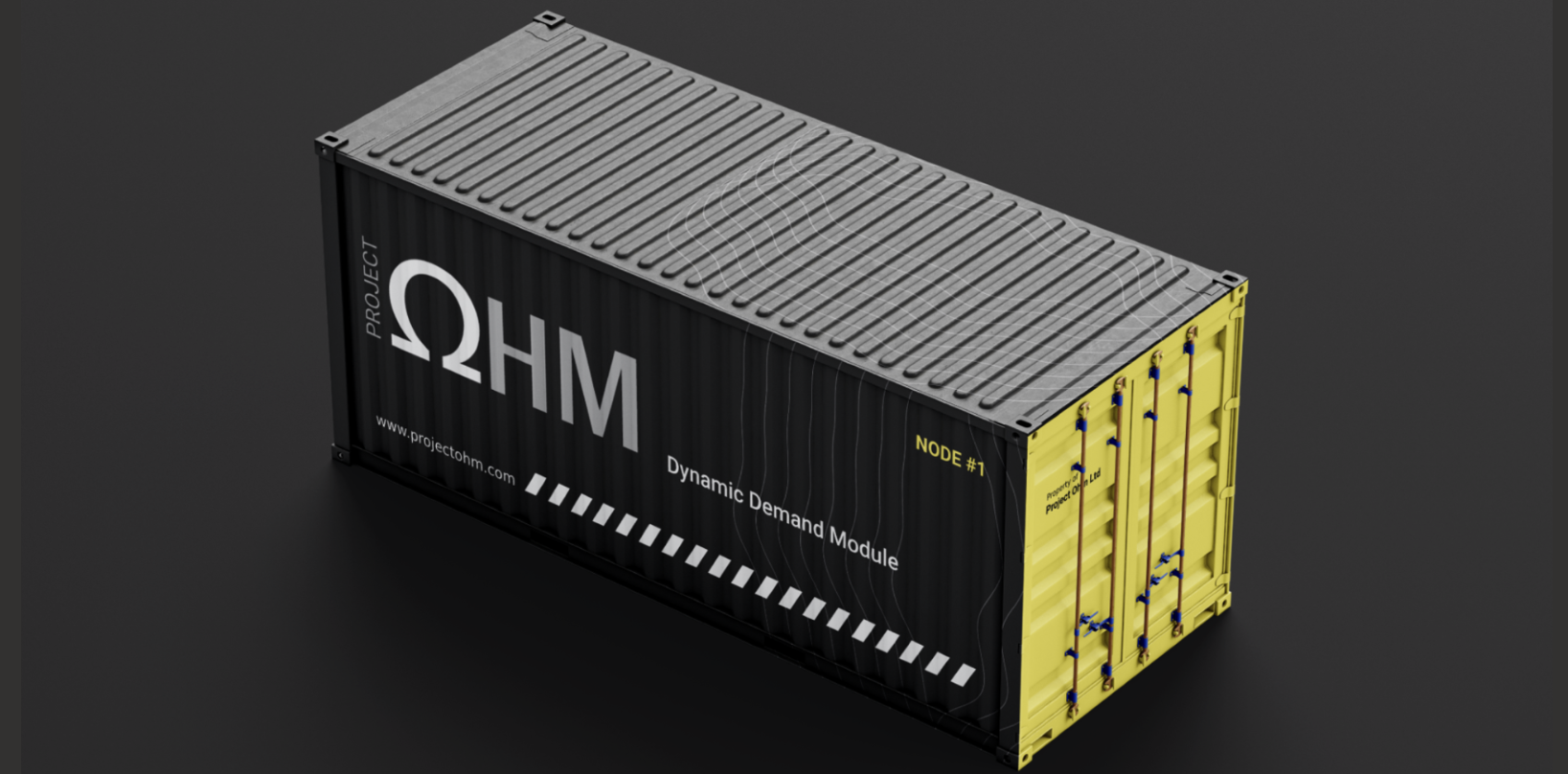
Founded in Western Australia, Project Ohm’s early pilot programs benefit from the unique energy landscape of the region. Yet, the company envisions a globally scalable solution, with its team actively collaborating with international partners and researchers. They strive to create a globally interconnected AI infrastructure powered by renewable energy, ready for deployment wherever surplus clean energy is available and sustainable computing is needed.
Meszaros highlighted that a significant challenge for Project Ohm as an AI startup is scaling its infrastructure and shifting the prevailing mindset that prioritizes speed and scale in AI infrastructure over sustainability. This requires navigating complex energy markets, educating stakeholders on novel deployment models, and establishing a presence within a sector dominated by established technology corporations.
“As a startup challenging that model, we’re not just building technology — we’re also working to shift the narrative. We have to prove that decentralised, renewably powered AI isn’t just viable — it’s essential” Matthew Meszaros.
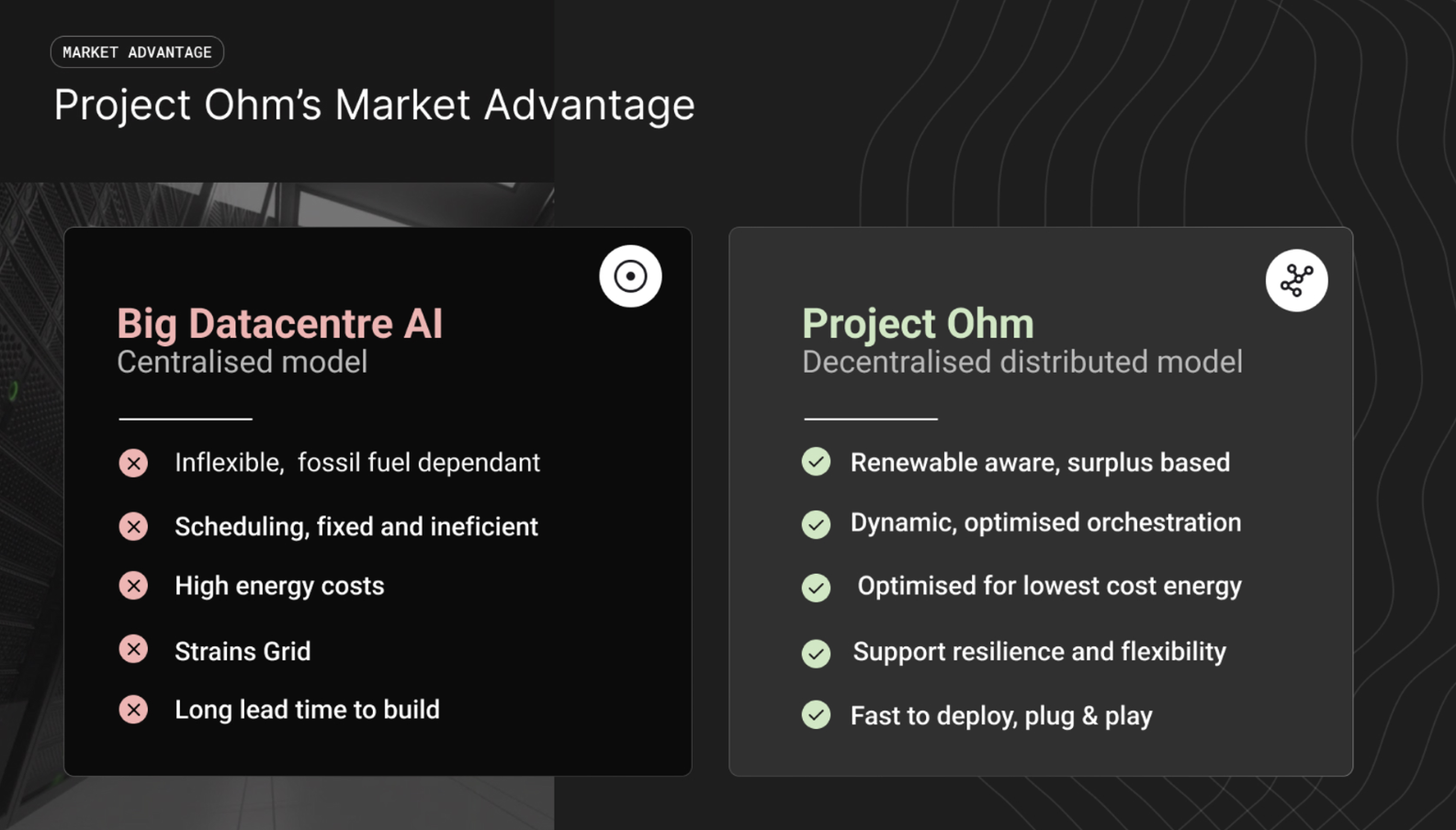
The startup’s core mission is to bring an eco-conscious approach to the AI field. Through the development of an innovative system, they aim to balance the growing computational demands of AI with the potential of renewable energy resources. Their active engagement within the Innovation Factory demonstrates their strong commitment to contributing to a global effort where AI serves as a powerful tool for meaningful climate action, energy equity, and enduring sustainable development worldwide.
Project Ohm is one of the many featured startups of the AI for Good Innovation Factory. As the winner of the pitching session, it receives the opportunity to enter the Innovation Factory Grand Finale during the AI for Good Global Summit 2025 to compete with the other winners of the qualifying tournaments.


